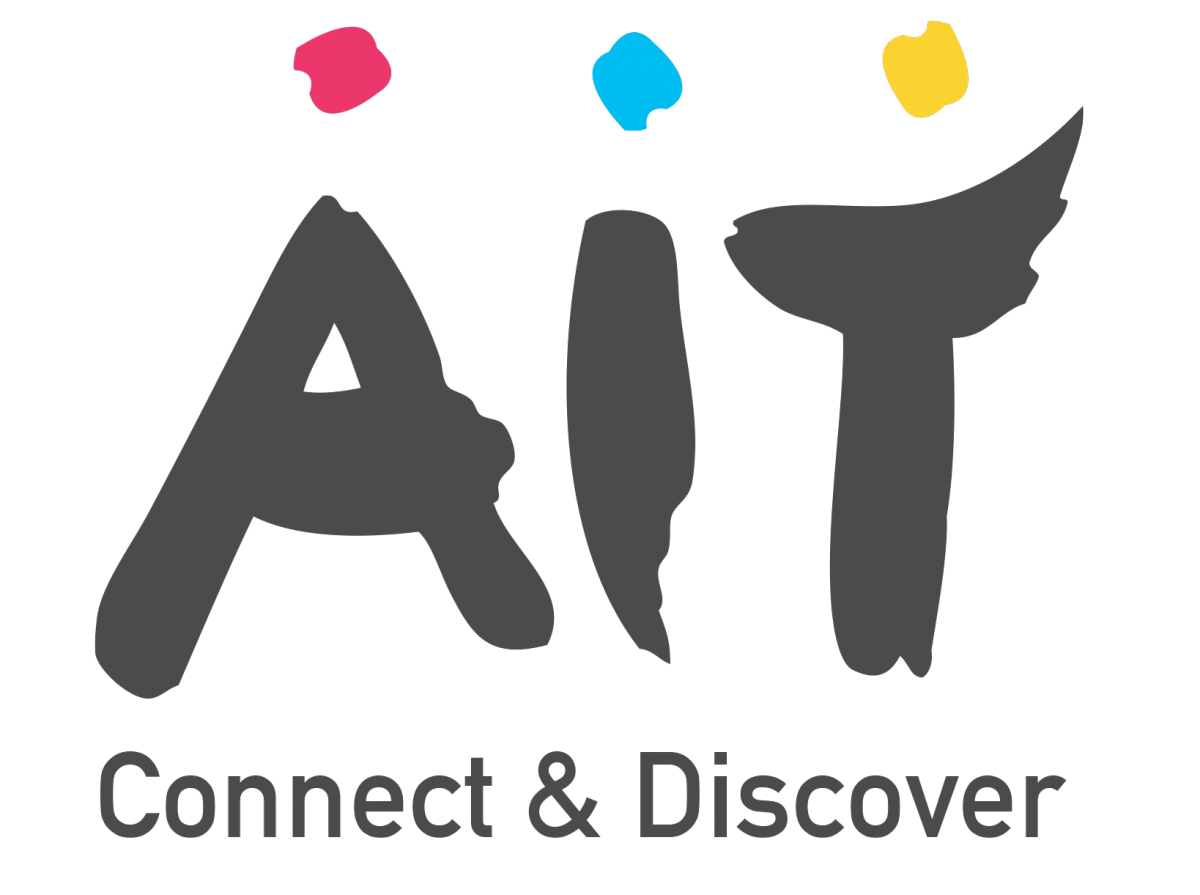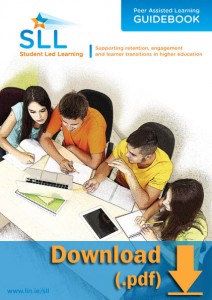Opportunity
The Learning and Teaching Unit at Athlone Institute of Technology in Athlone, Ireland, under the leadership of Nuala Harding, has a number of inter-connected roles, including staff development, serving as a catalyst for learning enhancement, and supporting digital literacy and scholarship. The AIT Learning and Teaching Unit Team comprises of a multi-disciplinary team with a high skills set, who are actively involved in educational research and committed to supporting staff and enhancing the learning experience of students.
As part of this responsibility, Nuala Harding serves as the Institute’s representative to the Learning Innovation Network (LIN) project. Funded initially by the Irish Higher Education Authority (HEA), LIN worked collaboratively to develop a Postgraduate Diploma in Learning, Teaching and Assessment, to suit the requirements of staff working in the Institutes of Technology in Ireland. The Institutes of Technology allow students to progress from two-year (higher certificate program) through primary degrees to Master’s and PhDs. Athlone Institute of Technology took a lead role in the development and validation of the modules that form the Postgraduate Diploma program.
Innovation
The Postgraduate Diploma in Learning, Teaching and Assessment (Level 9 on the Irish National Framework of Qualifications, equivalent to an honour’s degree) was developed collaboratively, with different institutions taking responsibility for specific modules. A common set of values – including openness to change and innovation; authentic, fair and consistent assessment; equity and fairness; evidence-based teaching; and collaborative learning – was established as the foundation of all the modules.
Twelve modules were developed and staff can choose among them to create their own program of 60 credits. Participants follow a flexible pathway, selecting modules that suit their career stage and interests. The selection includes Learning and Teaching; Technology Enhanced Learning; Assessment and Evaluation; Action Research for Educators and Formative Assessment and Feedback. (Two modules focused on Universal Design for Learning are described in more detail in the accompanying Pocket of Innovation on Innovating with Technology for Enhanced Learning at Athlone Institute of Technology, Ireland.)
Participants are encouraged to undertake modules offered by other institutions. These “LINked” modules include two from Dublin City University on online teaching and assessment and feedback online. Taking modules with other teachers from outside their own institution allows lecturers to benchmark their work against different practices and institutional cultures.
Ms. Harding stresses that, although not all the modules are directly related to technology, all are “underpinned with our desire for enhanced technological literacy”, as participants directly experience how technology can be used in classrooms for assessment, collaboration, and improving student success.
Most of the modules are offered face-to-face; some include webinars using Adobe Connect, with the virtual learning environment (learning management system) supporting a broad range of activities and taking advantage of collaborative learning. Team teaching is used, structured on the role modelling of good practice.
The program includes what is called a ‘capstone’ module in which the students have to present an argument as to why they deserve the diploma, using a portfolio for review by peers, an external examiner, and their supervisors. The students demonstrate how they achieved the program’s learning outcomes and provide evidence of its impact on their teaching and scholarship, as well as consider the next steps in their professional development. This review becomes a celebration of their work and accomplishments.
Student Led Learning (SLL)
Student Led Learning is a special interest group of the Learning Innovation Network. It focuses on retention and student success, especially for non-traditional students making the transition to higher education. There are four inter-related project outputs from 2015, all of them available under Creative Commons licensing as open educational resources:
- Students in Transition Video Journey – a 15-minute video highlighting the experiences of students starting college.
- SLL Peer Learning eGuidebook, Student Leader Training Video – to aid institutions in implementing a peer-assisted learning approach.
- Cracking the College Code Webinar Series – a series of three videos for potential students on preparing for change, choosing the right college and choosing the right course.
- First 6 Weeks Framework – a guidebook for institutions which are considering offering an extended induction course for students in transition, with the content based on the experiences of four institutions.
A new tool is in development, using video diaries to explore student experiences with assessment.
Outcomes and Benefits
Aside from the benefits of the course content, the Postgraduate Diploma is set up to encourage innovation and reflection, as well as to contribute to capacity building and network connections in higher education across Ireland. Registration is not limited to teaching staff, but open to all those involved in helping students learn. Library and technical staff, for example, participated in modules.
The modules are structured to be effective for staff at different career points so the class cohort always includes a broad range of disciplines and experience. The approach is an affirmation of teaching practice, with presentations of alternatives and enticement to innovation.
The Diploma program stresses the importance of teaching staff engaging with their students, asking for feedback. As an example, a lecturer was using ‘one minute papers’ – asking student for quick, short feedback on his course, but found what he received was all bland and general in content, with comments such as “good module”, “I learned a lot”, etc. He moved the feedback online, identifying key course concepts and asking the students if they understood them; this provides much more pointed and useful feedback. He may introduce this approach using pen and paper again to get a sense of how much of a role technology plays in developing critical thinking skills thereby leading to the improved feedback.
Challenges and Enhancements
Institutes of Technology are predominantly teaching institutes. Academic staff may teach up to 20 hours a week, especially after the austerity measures implemented in response to the 2008 economic crisis in Ireland. There are severe restrictions on resources and on staff time, which limit involvement in innovative curriculum design and other initiatives. With the exception of support through the payment of fees, in many institutes, there are no formal incentives for enrolment in, or completion of, programs similar to the Diploma.
Potential
Ms. Harding outlines the next step as developing the Postgraduate Diploma program to a Master’s level, with a focus on improving practice, using a case study approach or action research projects. This was requested by staff who found the current program very useful – they often start intending to take only one module and end up finding many that fit their needs.
Recently, as part of the Learning Innovation Network, a two-day induction for new staff has been developed to respond to differing needs and knowledge levels of new staff. Consideration is being given to developing an online induction that each new academic staff member could complete according to individual interests and gaps.
Online learning is a key strategic area for the Athlone Institute of Technology, with all Faculties increasing their blended provision and looking at developments, particularly in continuing professional education. However, providing a consistent approach to supporting staff in developing the knowledge, skills and competences required for designing and implementing programmes online is considered essential by the Learning and Teaching Unit.
For Further Information
Nuala Harding
Learning and Technology Coordinator
Learning and Teaching Unit
Athlone Institute of Technology
Athlone, Ireland




